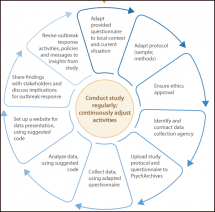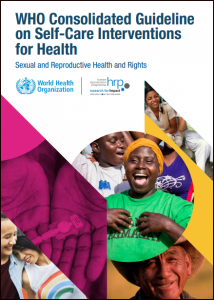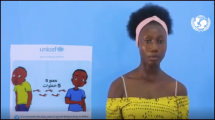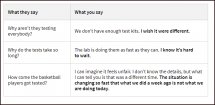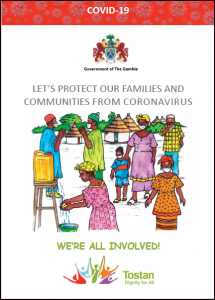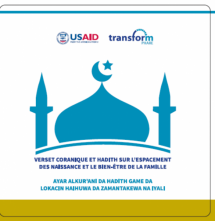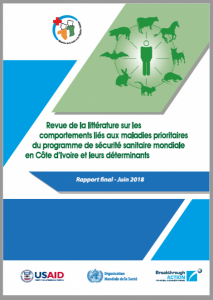WHO Tool for Behavioural Insights on COVID-19
This is a tool for rapid, flexible and cost-effective monitoring of public knowledge, risk perceptions, behaviours and trust is now available to countries in the WHO European Region to make their COVID-19-related response relevant and actionable.
The outbreak is placing an overwhelming burden on health systems and authorities to respond with effective and appropriate interventions, policies and messages. One of the most critical elements of reducing virus transmission is public behaviour.
For crisis response measures to affect public behaviours, they need to be perceived as consistent, competent, fair, objective, empathetic or sincere. They also need to be easily understood and communicated through trusted people and accessible channels.
To succeed with this, it is critical to gain an understanding of issues such as:
- trust in health authorities, recommendations and information;
- risk perceptions;
- acceptance of recommended behaviours;
- knowledge;
- barriers/drivers to recommended behaviours;
- misperceptions; and
- stigma.
The newly established Insights Unit at WHO/Europe has developed a tool which:
- is evidence-based;
- can be rapidly applied;
- can be regularly applied;
- is simple and flexible to adjust to the changing situation; and
- is low cost and cost effective.
Last modified: July 21, 2020
Language: English, French, German, Russian

